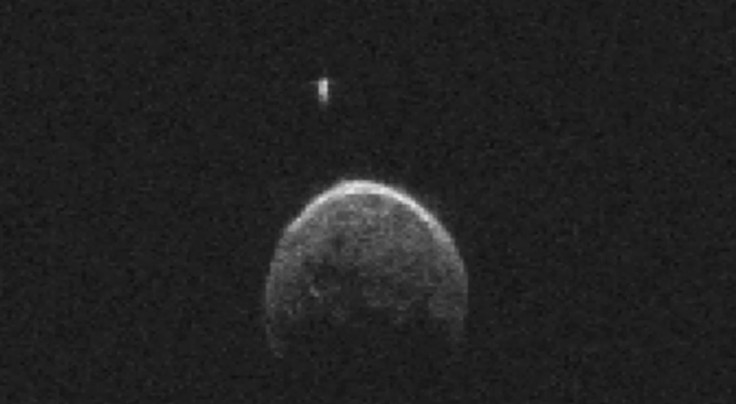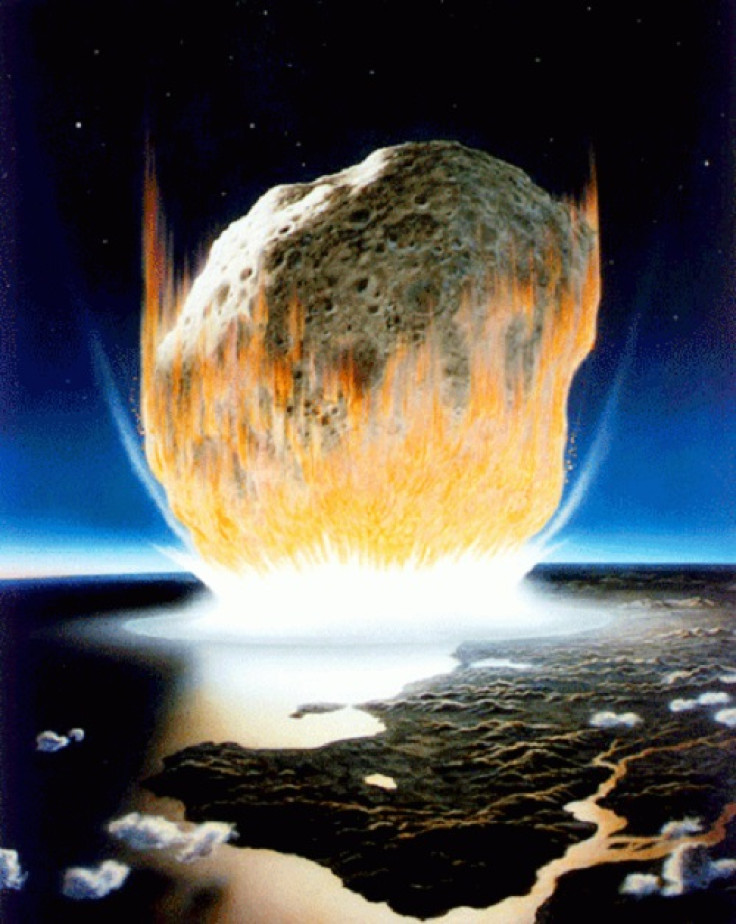Phew, that was close: huge asteroid which just missed earth even had a moon

The asteroid 2004 BL86 which streaked past the earth at 35,000 mph last night was so large it had its own moon, US space agency Nasa has revealed.
There is something about asteroids that makes me want to look up
The 320m-wide asteroid missed the earth by 1.2 million km, or three times further away than the moon - a whisker, in astronomical terms. It was close enough for amateur astronomers to be able to take photographs. Nasa's own powerful telescopes discovered it had its own tiny moon just 70m wide.

2004 BL86 won't pass this way for another 200 years, but scientists warn there are several other large asteroids heading this way which may come closer. In 2027, 1999 AN10 will come as close as one lunar distance. At 792 - 1772m in diameter, a collision with earth would cause similar devastation to the asteroid which wiped out the dinosaurs 65 million years ago.
Nasa believe there is a tiny chance 1999 AN10 could impact with the earth on its next orbit in 2046. "The probabilities of impact (are) on the order of one chance in 500,000 for 2044, and one chance in five million for 2046. These odds of collision are larger than those for any other object, but they are still less than one hundredth the chance of an undiscovered asteroid of equivalent size striking the Earth sometime before 2044."
Nasa is tracking around 11,000 asteroids thought large enough to do real damage to the earth and none are thought to be of immediate concern - however they admit they only know about 98% of them. Around 200 huge asteroids could still be heading our way, and some politicians and scientists believe we should invest more to ensure we can deal with any that pop up out of the blue.
However most scientists find asteroids more fascinating than dangerous. Don Yeomans, retired manager of NASA's Near Earth Object Programme Office, says: "Asteroids are something special. Not only did asteroids provide Earth with the building blocks of life and much of its water, but in the future, they will become valuable resources for mineral ores and other vital natural resources.
"They will also become the fuelling stops for humanity as we continue to explore our solar system. There is something about asteroids that makes me want to look up."
© Copyright IBTimes 2024. All rights reserved.






